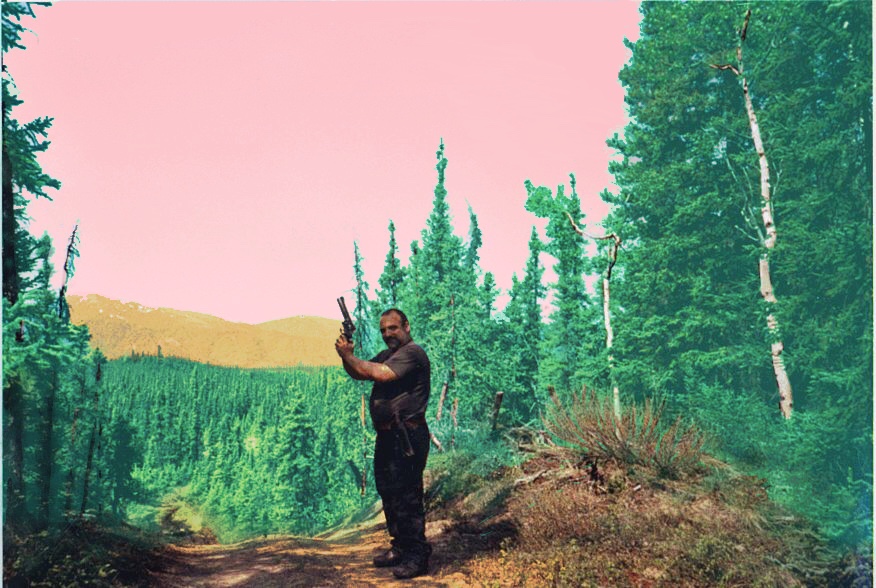The Body of a King
by Samuel Tafreshi
What is to be done with the body of a king? When all of the meaning and majesty imbued in his person shrivels and fades before the world, what does he become?
Not, Not Nation
by Panos Aprahamian
A radical re-envisioning of how anti-capitalist political projects should conceive of time and place.
Fragile Facades: Illusions of Change in Kabul’s Contemporary Architecture
by Muheb Esmat,
In a country still living through the effects of a conflict more than four decades old, the rate of obsolescence of architectural styles and modes is as fast if not faster than the denigrating political and economic systems fostering them.
The Commander of Who?
by Marcus Hibbeln
While ‘inclusive’ to a certain extent, the state-sponsored brand of Islam in Morocco has often been an exclusionary national force that has monopolized the interpretation of Islam and alienated large groups of citizens.
The Liminal Space Between Party & Protest
by Angela Brussel
The people will sing and dance even when they are being persecuted and beat down. Even when they are enraged by the powers that be.
Radical Imprint
by Samuel Tafreshi
Radical in its content, striking in its aesthetics, and representative of the vast and shifting landscape of revolutionary thought, this was the print culture of Iran at the moment of liberation.
The Question of Solidarity: #BlackOutTuesday and Radio Alhara
“How do you connect solidarities together in a way that makes it organic, that makes it contextualized, and also makes it true?”
To Gather Together
Chime for Change’s upcoming issue joins in the fight against child marriages.
Us and Them
by Celia Shaheen,
And all of the sudden, this whole rhetoric of “them versus us” made me question my own identity. Who am I? I’m them and us.
Freedom Fields
by Farrah Fray,
The film—Naziha Arebi’s directorial debut—is the first ever feature length film to come out of Libya by a Libyan, let alone by a woman.
Lipstick vs. The Ayatollah
by Monica Zandi,
“I didn’t know Iranian women looked like that.”
Atopia: The Mind in Winter
by Darius Rejali,
It’s an uncertain day, the kind where you wonder, did I stay in this city a little too long?
Namedropping
by Samuel Tafreshi,
What had been its own ‘center’ of intellectual and cultural production became an overlapping periphery beholden to the interests of emerging ‘centers’ in the region.
Urban Decay
by Sheyda Allahverdiyeva,
Harmonic coexistence “of Azerbaijani with the Jewish, Armenian, Russian, and Tatar colleagues.”
Maps of Velvet
by Suzana Poghosyan,
In this interview, Suzana Poghosyan and Araz Farra discuss their creative process, relationships to home, and diaspora privilege.












